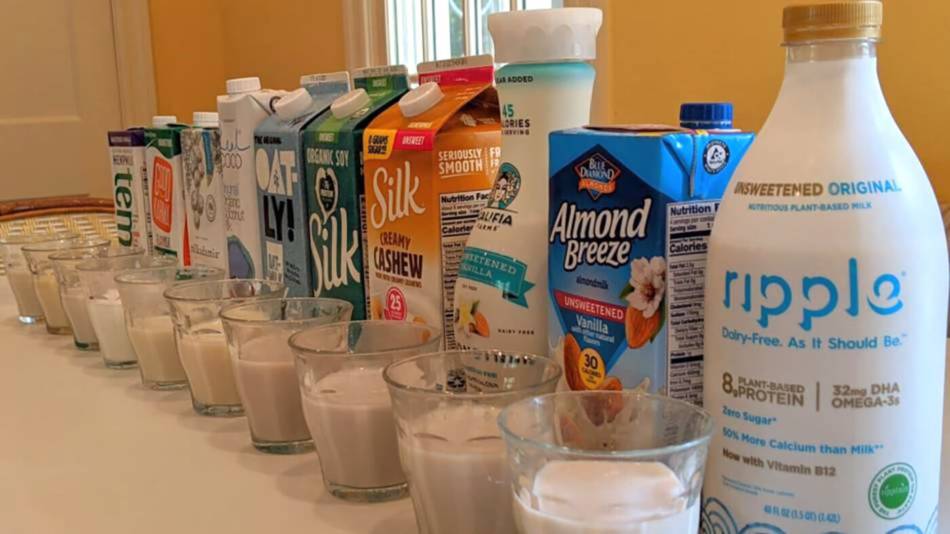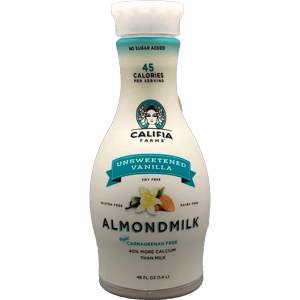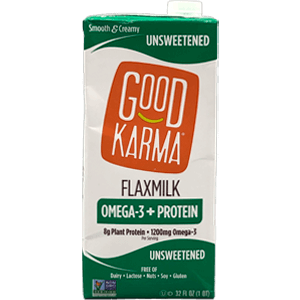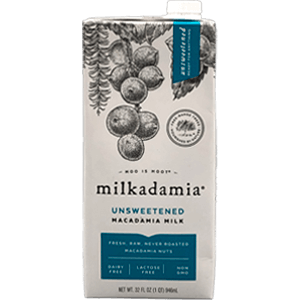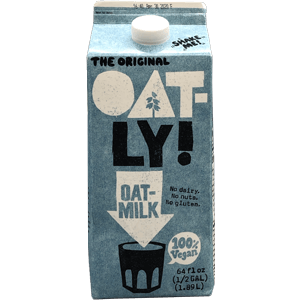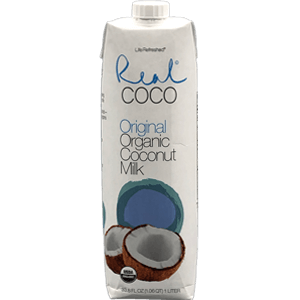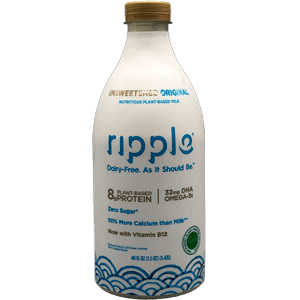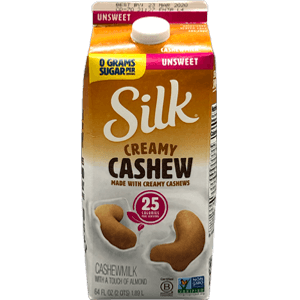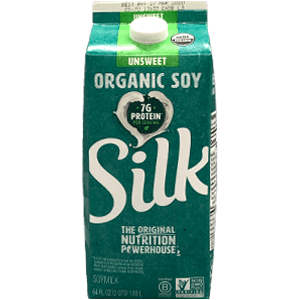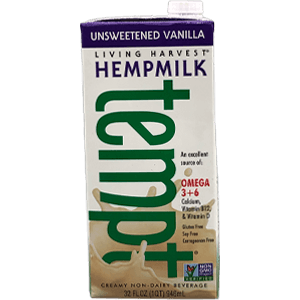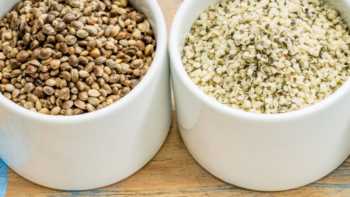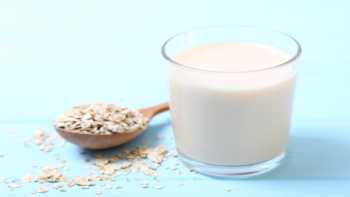Summary
-
Are almond milk, soy milk, oat milk or other plant-based milks better than regular milk?
Plant-based milks can be a more healthful alternative to regular milk. They contain less saturated fat (except for coconut milk) and, if they contain no added sugar, fewer calories. Some also provide as much protein as milk and most provide as much or more calcium, vitamin D and vitamin B12. Being non-dairy, they are also a good milk substitute for people with milk allergy, lactose intolerance, or who are vegan. Plant-based milks are also more environmentally-friendly than cow's milk. (See What They Are and Why to Consider Them) -
What did CL's tests of almond milk, soy milk, oat milk and other plant-based milks show?
Lab tests showed that most products contained the nutrients they listed, but one contained only 62% of its promised calcium as well as 240% of one of its listed vitamins. (See What CL Found and How Products Were Evaluated.) -
How do almond milk, soy milk, oat milk and other plant-based milks taste?
We focused mainly on unsweetened plant-based milks and although none of these was delicious, several were mild tasting and could be used as an alternative to milk, such as in cereal or in coffee, adding creamy texture and some whiteness. The best tasting product contained added sugar (created by conversion of carbs from one of its key ingredients). (See the taste comparisons in the 2nd column of the Results table) Which plant-based milk is best?
Our Top Picks were not only acceptable in taste, but more nutritious than regular 1% milk. All of the plant-based milks cost more than regular milk, but our Top Picks were in the middle range for cost. Among the tested almond, soy, oat, coconut, hemp, macadamia, and cashew milks, see our Top Picks for Nutrition and our Top Pick for Taste.-
Are plant-based milks safe?
Most plant-based milks contain added vitamins and minerals. To avoid excessive intakes, particularly of calcium, limit intake to one cup at a time and no more than two cups per day, and consider cutting back on supplements that provide the same nutrients. (If you choose a plant-based milk without added vitamin D and calcium, be sure your getting enough elsewhere). Also check that products don't contain ingredients to which you are allergic, such as soy, almonds, and cashews. (See Concerns and Cautions)

